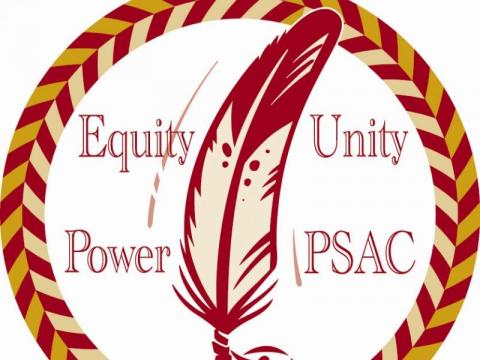
By Jack Bourassa, REVP North
As published in the Yellowknifer, June 24
Canadians from every walk of life came together to commemorate National Aboriginal Day this week, an important celebration that embraces the unique heritage, diverse cultures and outstanding achievements of First Nations, Inuit and Métis peoples across the country.
It was also a crucial time to highlight the healing that must still take place from Canada’s residential school system, and for our provincial, federal and territorial governments to strengthen relationships with Aboriginal Peoples.
It’s important to reflect on the powerful recommendations of the Truth and Reconciliation Commission’s findings and the harm that was done to generations of people.
It is the duty of every Canadian to read the report, understand its implications and to do his or her small part to acknowledge and rectify the insurmountable damage caused by residential schools.
As Justice Murray Sinclair, chair of the commission, explained, “words are not enough” to address the “cultural genocide” of residential schools on aboriginal communities.
“Reconciliation is not an Aboriginal problem – it is a Canadian problem. It involves all of us.”
Yet while the commission’s findings are a good beginning on the long road to reconciliation, it’s still just one small ripple in a very large pond.
The horrors of Canada’s residential schools should never be swept under the rug, as many politicians have done in the past, but should instead be incorporated into Canada’s history as part of our school curriculum.
It is only by acknowledging these atrocities that we can ever hope to avoid repeating them. Our future children deserve to know our country’s complete history, with all of its nuances.
The history of residential school has also had a host of trickle-down effects that we must work together to rectify.
As Northerners, we need to address inadequate education support for aboriginal families, ongoing social inequities, high youth suicide rates as well as access to decent housing and clean water in our communities.
All levels of government have been far too willing to brush these issues aside, failing to ensure that young Indigenous peoples’ education needs are funded at the same level as other public education programs in the country.
There isn’t time to wait for these programs to change. The federal government needs to move now to improve equality, all the while respecting First Nations rights, Treaties, titles and control over education.
First Nations, Inuit and Metis activists have been leading the way when it comes to protecting lands from harmful fracking, widespread resource pillaging, and ensuring safe drinking water for all.
It’s time our politicians followed their lead and put action to words with the findings from the Truth and Reconciliation Commission.
| Attachment | Size |
|---|---|
| 320.84 KB |
